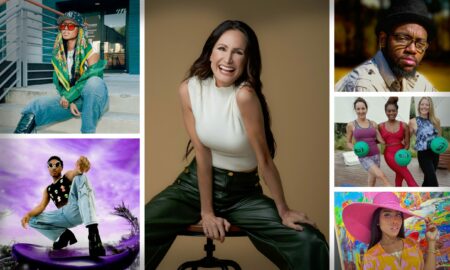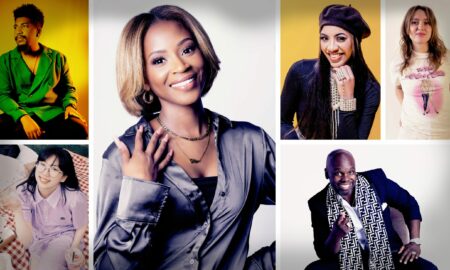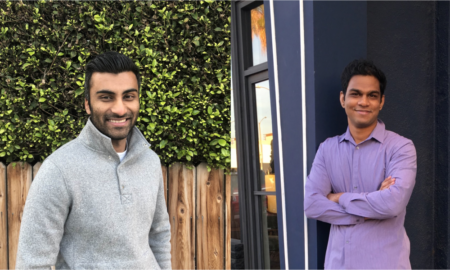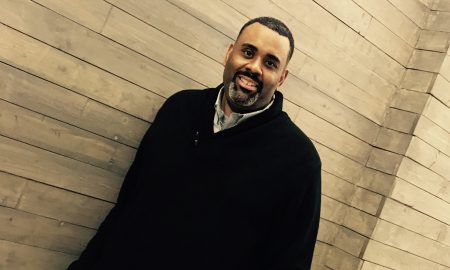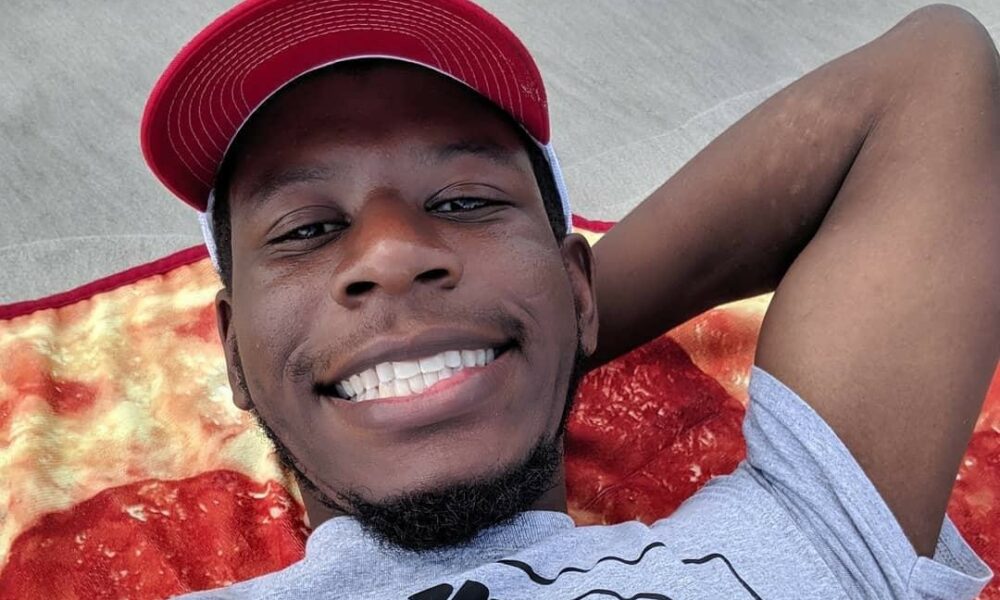

Today we’d like to introduce you to Jordan Chapman.
Hi Jordan, so excited to have you with us today. What can you tell us about your story?
I’m from South Philly and I started my journey into science at the Community College of Philadelphia in 2010, not knowing what I wanted to do with my life – at all. I was taking music classes, but I knew I wasn’t going to be a musician so I would take other classes to see what would catch my interest. In 2012, I took an archaeology class and thought the idea of traveling and learning new things was cool, so I decided that I was going to do that. However, you couldn’t get a degree in anthropology, of which archaeology is a subfield, at the Community College of Philadelphia so I transferred to Penn State University. However, I had to save up money to go to Penn State.
I was actually terrified, in my first semester, that if I didn’t make the tuition payments, that campus police would kick me out in the middle of the night because I didn’t understand how a big university worked. It was also during that time that I took a geology class and I decided I wanted to do both archaeology and geology and become a geoarchaeologist. I barely took any math or science classes while at community college, so it was like basically starting from scratch and I had to claw my way through introductory science and math courses. I eventually graduated in 2016 with degrees in Anthropology and Geoscience with a minor in Geography. In 2018, I was accepted into the University of Georgia’s Anthropology Ph.D. program and that’s how I ended up in Athens. In between undergrad and grad school, me and several others started a nonprofit called the Black Science Coalition and Institute or B-SCI to increase scientific interest from diverse communities. I currently serve as the founding president of the organization.
Would you say it’s been a smooth road, and if not what are some of the biggest challenges you’ve faced along the way?
There were a lot of struggles. The first was trying to make up for not taking those math and science classes early in college. I was fully capable of passing them, but I was so afraid of failing that I didn’t even want to try at first. Next, saving up enough money to get to Penn State and then figuring out how to keep money to stay there was difficult. Luckily, I had a support network that consisted of different programs, specifically the federal TRIO programs, on-campus designed to make sure first-generation and minority students could be successful. I think the biggest struggle, however, was not seeing a lot of other students who looked like me pursuing science. That left a huge impact because I think about how much I had to struggle at various points and I don’t want people to have to go through that. Science is supposed to be for everyone because it is literally all around us. Everyone should feel that they can be a scientist, so that has become the motto of B-SCI.
As you know, we’re big fans of you and your work. For our readers who might not be as familiar what can you tell them about what you do?
My research, as a graduate student at UGA, focuses on how humans impacted environments on Georgia’s Coast. Specifically, how past Indigenous and Colonial/Enslaved communities impacted the environment. I plan on using various scientific methods such as soil geochemistry to understand the measurable impacts. Outside of graduate school, I focus on working with the other board members of B-SCI to create science communication content. I currently co-host a podcast called B-Scientists with Jana Carpenter, another UGA Ph.D. student in the Chemistry Department and B-SCI’s Research and Development Officer.
We also do social media posts and we have plans to produce video content for Youtube and other platforms. We just added several new board members, including Chad Singleton, who was recently featured in VoyageATL, as our Science Communication Officer, Janay Vacharasin, as our new Secretary, and Shenell Tolson as our Science Policy Officer, so we can begin addressing systemic injustice in science and other aspects of society. Working with them in addition to Kylia Chandler, our Engineering Officer, Kahlil Small, our Treasurer, and Taylor Spencer, our Content Editor and Manager, is a true honor. Plus, our message to encourage everyone to be scientists is a call for people to think more skeptically about the world and use the scientific method in everyday life. It’s cliche, but the world is a big, scary place and knowledge is power. Science is how we get knowledge and I think it’s pretty empowering knowing that the scientific method can guide anyone through many of life’s problems.
So maybe we end on discussing what matters most to you and why?
I think it’s important to be constantly learning and figuring out how to be better than the day before, that’s truly the essence of being a good scientist and person. In the last few months, I was diagnosed with ADHD. It was alarming at first because I was probably undiagnosed as a kid. Since I found out, I’ve been trying to approach it like a scientist, which has meant documenting how much time I spend doing work, studying, and making lists. I’ve started using little notebooks, almost like lab books to figure out how to navigate life and it’s been helping me manage things. It also lets me see the progress I’m making, even if it’s slow and especially when I make a mistake. I think it’s tough for everyone to see their personal progress, but having something tangible makes the journey easier and occasionally allows me to plan ahead.
Pricing:
- B-SCI Mugs 15.50
- B-SCI Sticker 5.25
- B-SCI Short Sleeve T-Shirt 20.00
Contact Info:
- Email: jordanchapman@thebsci.org
- Website: https://www.b-sci.org/
- Instagram: https://www.instagram.com/jchapnocaps/
- Facebook: https://www.facebook.com/jordanc2
- Twitter: https://twitter.com/jchapnocaps
- Youtube: https://www.youtube.com/channel/UCrLUYMt1e6RZRpvW5Z-vhrg
- Other: https://anthropology.uga.edu/directory/people/jordan-chapman






